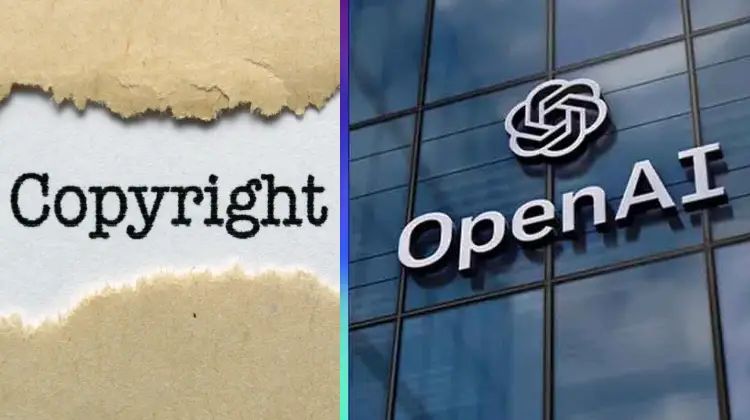OpenAI is actively seeking to prevent several Indian media conglomerates from joining a copyright lawsuit initiated by the news agency Asian News International (ANI). In a recent court filing, OpenAI asserted that it does not utilize content from these media groups to train its AI models, including ChatGPT.
ANI filed a lawsuit against OpenAI in November 2024, alleging that the company used its published content without permission to train ChatGPT. ANI also claimed that ChatGPT generated false news stories attributed to it. Following this, other prominent Indian media outlets, such as NDTV, Indian Express, Hindustan Times, and the Digital News Publishers Association (DNPA), sought to join the lawsuit, accusing OpenAI of scraping their content without authorization.
In its defense, OpenAI has consistently maintained that it uses publicly available data in a manner protected by fair use principles. The company emphasized that it has not used the content of the aforementioned Indian media groups for training its AI models. OpenAI also highlighted that its international partnerships with news publishers are not related to AI model training and that it has not entered into similar agreements with Indian media entities.
OpenAI has argued that Indian courts lack jurisdiction over its operations, as the company is based in the United States and does not have a physical presence in India. However, legal experts suggest that Indian courts can hear the case since OpenAI’s services are accessible within the country.
This legal battle is part of a broader global trend where content creators, including authors, musicians, and news organizations, are challenging AI companies over the use of their work without authorization or compensation. OpenAI has faced similar lawsuits in other countries, reflecting the growing tension between AI development and intellectual property rights.
Key Highlights:
- OpenAI is seeking to block Indian media groups from joining a copyright lawsuit initiated by ANI.
- The company denies using these media groups’ content to train its AI models and asserts that its practices adhere to fair use principles.
- OpenAI also contends that Indian courts lack jurisdiction over its U.S.-based operations.
- This case is part of a global trend of legal challenges against AI companies concerning the use of copyrighted material.


